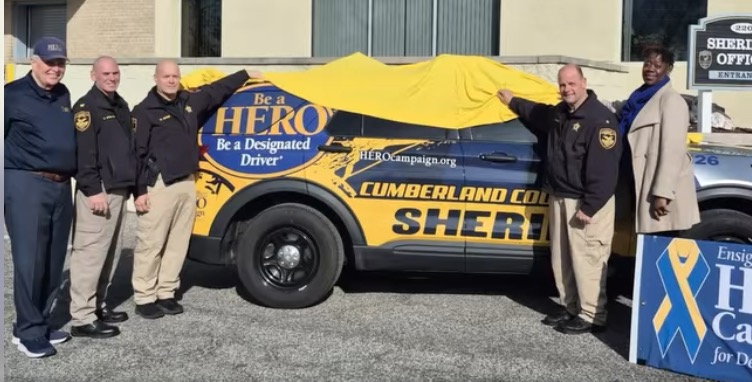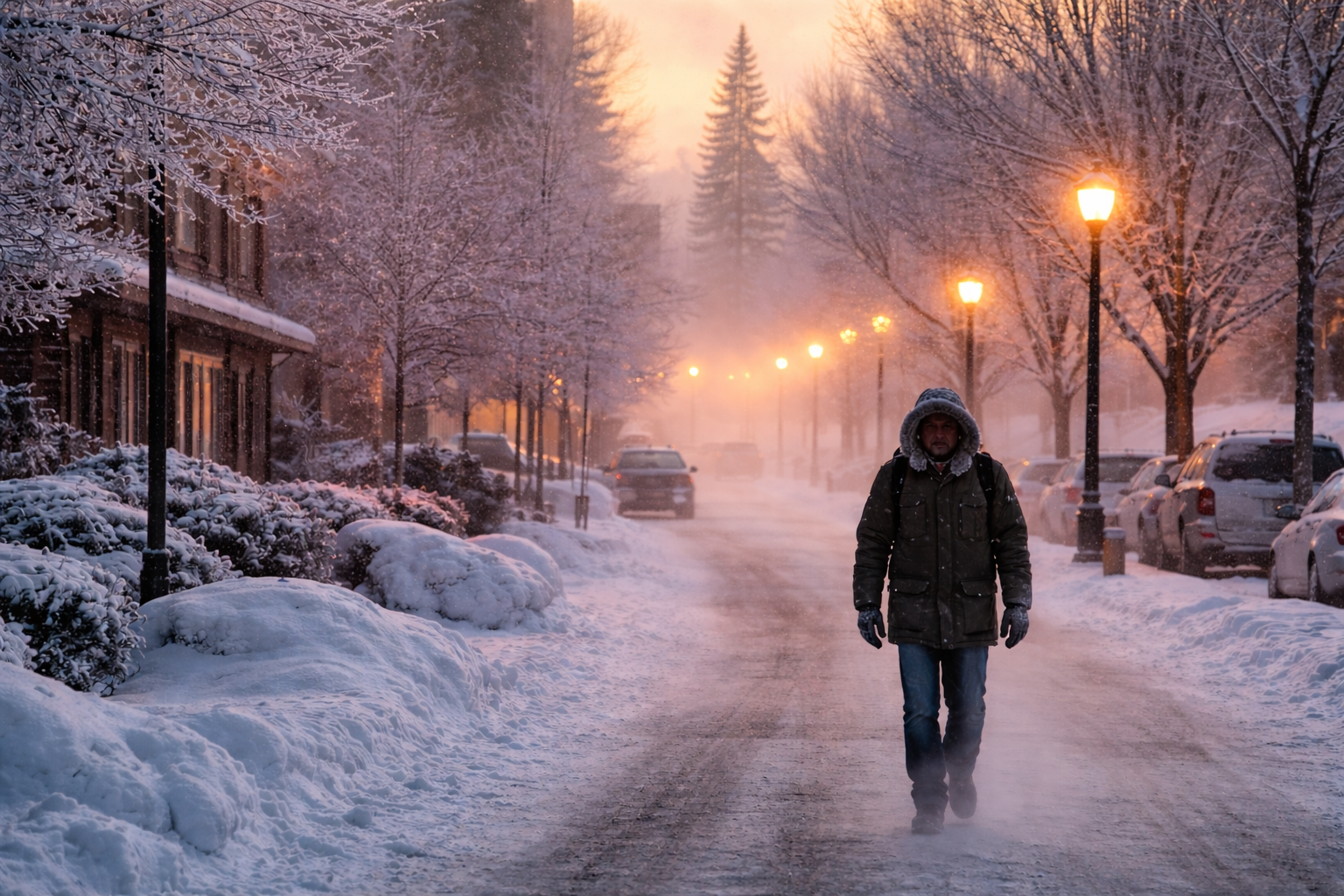Have You Seen the Spotted Lanternfly?

 For many, this spring was their first encounter with this invasive insect pest. Beginning in April the spotted lanternfly (SLF) nymphs began to hatch from egg masses that overwintered outside on hard surfaces like trees, buildings, and patio furniture. These early nymphs are black with white spots and undergo three stages where they grow from 1/8 inch to 1/4 inch long.
For many, this spring was their first encounter with this invasive insect pest. Beginning in April the spotted lanternfly (SLF) nymphs began to hatch from egg masses that overwintered outside on hard surfaces like trees, buildings, and patio furniture. These early nymphs are black with white spots and undergo three stages where they grow from 1/8 inch to 1/4 inch long.
Starting in July, we began to see the fourth stage of SLF nymphs which are red with white and black spotting, and 1/2 inch long. Some winged adults have already emerged. Female adults will lay egg masses from September through November and then die. Their egg masses containing up to 50 eggs will persist over the winter, and the cycle will begin again.
While this invasive pest has the potential to damage certain trees and crops, it is primarily a nuisance pest in the landscape. The spotted lanternfly is a sap-sucking planthopper, with nymphs feeding on tender plants (new growth, weeds, flowers) and adults feeding on the sap of woodier plants (trees and vines).
In most cases, SLF will not cause severe damage or death of landscape plants. This has only been reported where large infestations occurred on tree-of-heaven, black walnut saplings, and grapevines. These plants, along with maples, willows, birches, sumac, and roses, are favored by SLF. If you have these plants on your property you should monitor them closely.
If you see spotted lanternfly nymphs or adults, you should try to stomp or squish them. They will not bite or sting but they do hop and glide. Nymphs or adults can be controlled on favored trees (tree of heaven, maples, willows, birches, black walnut) by using sticky band traps with a wildlife barrier, and circle traps.
Control of SLF with pesticides is often unnecessary in the home landscape and homemade pesticides using dish soap, vinegar, or gasoline should not be used. Egg masses should be scraped into a container with alcohol. If egg masses are scraped off onto the ground, they will still hatch.
If you have questions about SLF on your property or would like more information, visit the Rutgers Cooperative Extension of Cumberland County, located at 291 Morton Avenue in Millville or by call the Lawn and Garden Helpline at 856-451-2800, ext. 4.








